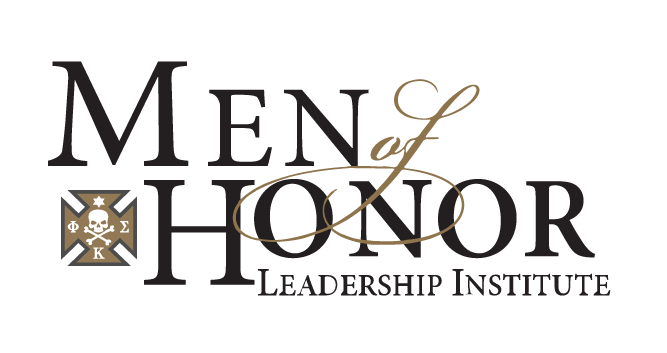
The Men of Honor Leadership Institute is a comprehensive three-day experience devoted to helping our members transform their communities through values-based action.
Men of Honor’s carefully crafted curriculum is designed to help undergraduate brothers grow into scholars, leaders, and gentlemen.Top and budding members from our chapters have gathered annually for over two decades to gain the skills that allow for positive change to occur within their respective communities and chapters.
Men of Honor’s goal has always been to help members live the organization’s values in their everyday lives. Attendees examine the intersection of personal and organizational values and the effect both have on organizational culture. Using the Birkman Method adds elements of self-awareness and understanding of others when working to impact our communities.
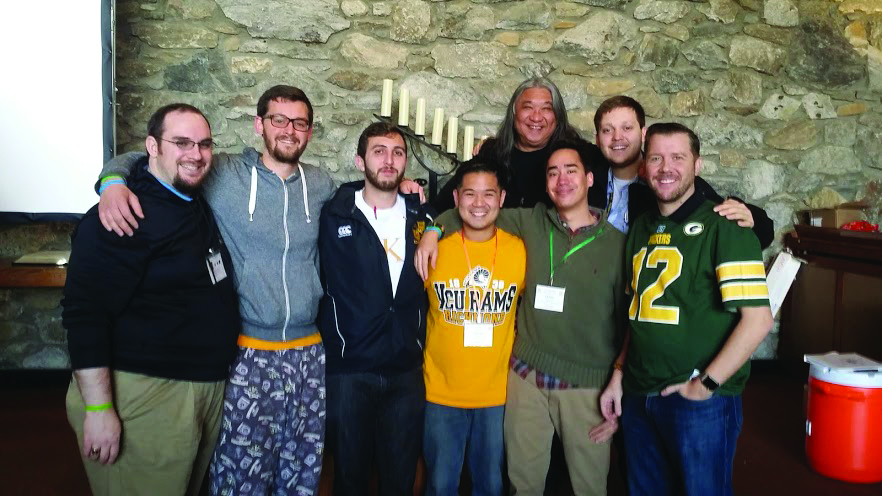 Phi Kappa Sigma was founded in 1850 on five ideals: the pursuit of academic knowledge, respectful personal conduct at all times, cooperation with institutions of higher learning, financial commitment and lifelong participation in the organization.
Phi Kappa Sigma was founded in 1850 on five ideals: the pursuit of academic knowledge, respectful personal conduct at all times, cooperation with institutions of higher learning, financial commitment and lifelong participation in the organization.
Phi Kaps have recommitted themselves to these ideals over 150 years later, and modernized their expression in the form of our core values:
The Men of Honor Institute was established in 2001 as one of the premiere leadership institutes in the interfraternal world, to help our members learn what it means to be a fraternity man in the 21st century.
Men of Honor aims to help participants understand the following key concepts:
Men of Honor is designed as an intensive living / learning institute. Educational programs are scheduled throughout the day and evenings of the three-day program. Participants that invest their time, energy, skills, and motivation into maximizing their experience will gain the most.
Attendees participate in a variety of activities organized into both large and small group sessions. The curriculum and facilitators leverage Tuckman’s and Jensen’s model of group development to help the small groups grow from a group of individuals to cohesive, task-focused teams.
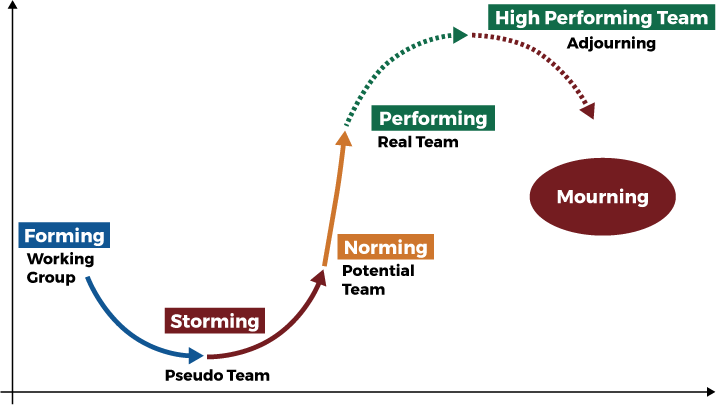
Men of Honor also utilizes The Birkman Method to help participants learn about themselves and others. The Birkman is a self-assessment tool to help participants identify their interests, usual behaviors and needs. It is based on the following measures:
![]() Your interests reflect activities you naturally gravitate towards and what you like to do, both inside and outside of the workplace. Knowing your Interests helps you understand what motivates you, guiding your career and life decisions to stay energized
and productive
Your interests reflect activities you naturally gravitate towards and what you like to do, both inside and outside of the workplace. Knowing your Interests helps you understand what motivates you, guiding your career and life decisions to stay energized
and productive
![]() Usual Behavior describes your strengths
and informs your most productive style. Self-awareness of how others view your behavior helps you understand the gap between how you think you come across versus how others experience you.
Usual Behavior describes your strengths
and informs your most productive style. Self-awareness of how others view your behavior helps you understand the gap between how you think you come across versus how others experience you.
![]() Needs represent how you expect to be treated by other people and your environment. When your Needs aren’t met, your stress behaviors may become activated. Understanding Needs.
Needs represent how you expect to be treated by other people and your environment. When your Needs aren’t met, your stress behaviors may become activated. Understanding Needs.
![]() Stress helps you gain insight into actionable steps to better-manage yourself and avoid unproductive behavior.
Stress helps you gain insight into actionable steps to better-manage yourself and avoid unproductive behavior.
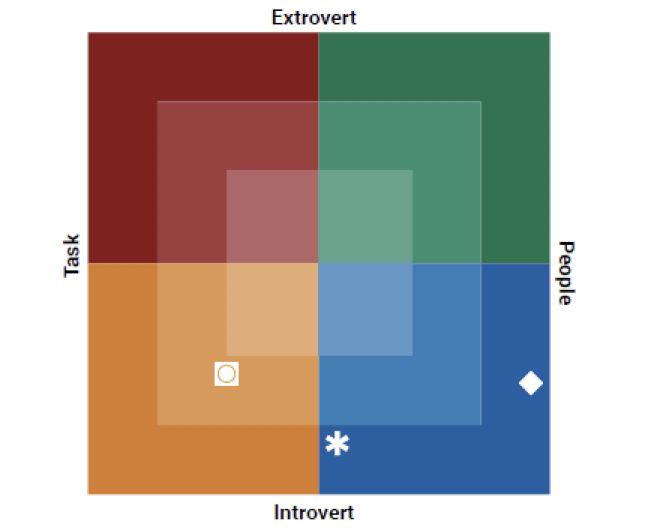
Over 8000 companies, educational institutions and assessment centres and more than 3.5 million people worldwide have taken the test which is available in 20 languages. With scientifically proven accuracy, the tool can identify behavioural styles (usual productive behaviours), motivations, and underlying needs. It doesn’t just suggest careers to explore; it actually matches a person to the workplace where people with similar personal characteristics are reporting success and personal satisfaction in those jobs.
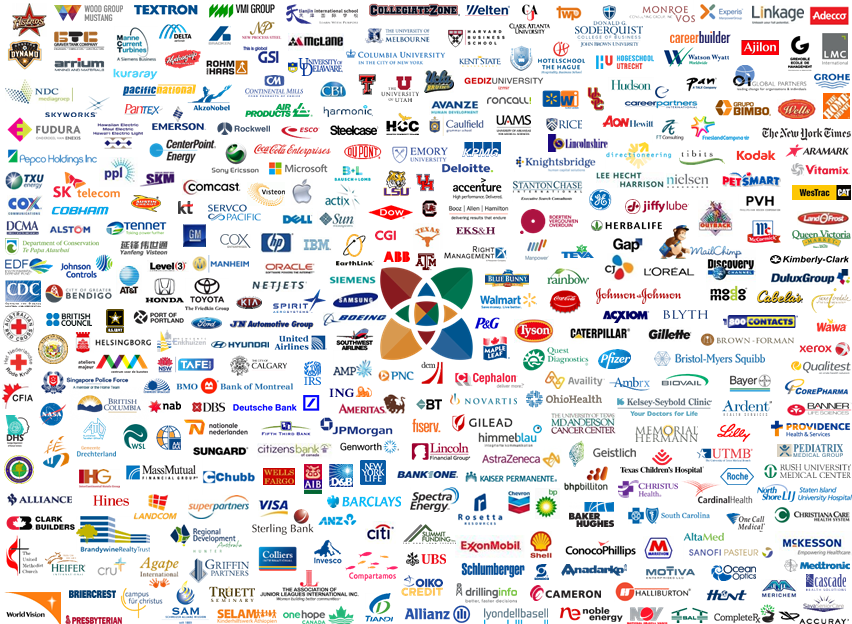
Educational Institutions using Birkman: Harvard Business School, University of California Los Angeles, University of Southern California, University of Tennessee, Texas A&M University, University of South Carolina, Emory University, Colgate University, Duke University, and the University of Houston etc.
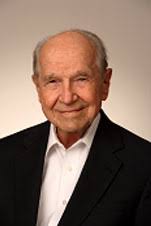
Roger Birkman
Sigma Chapter
Texas '61
The outcomes of the Men of Honor program reflect Phi Kappa Sigma’s organizational values:
Trust, Honor, Respect, Knowledge, Wisdom, Responsibility, Integrity
Participants will: